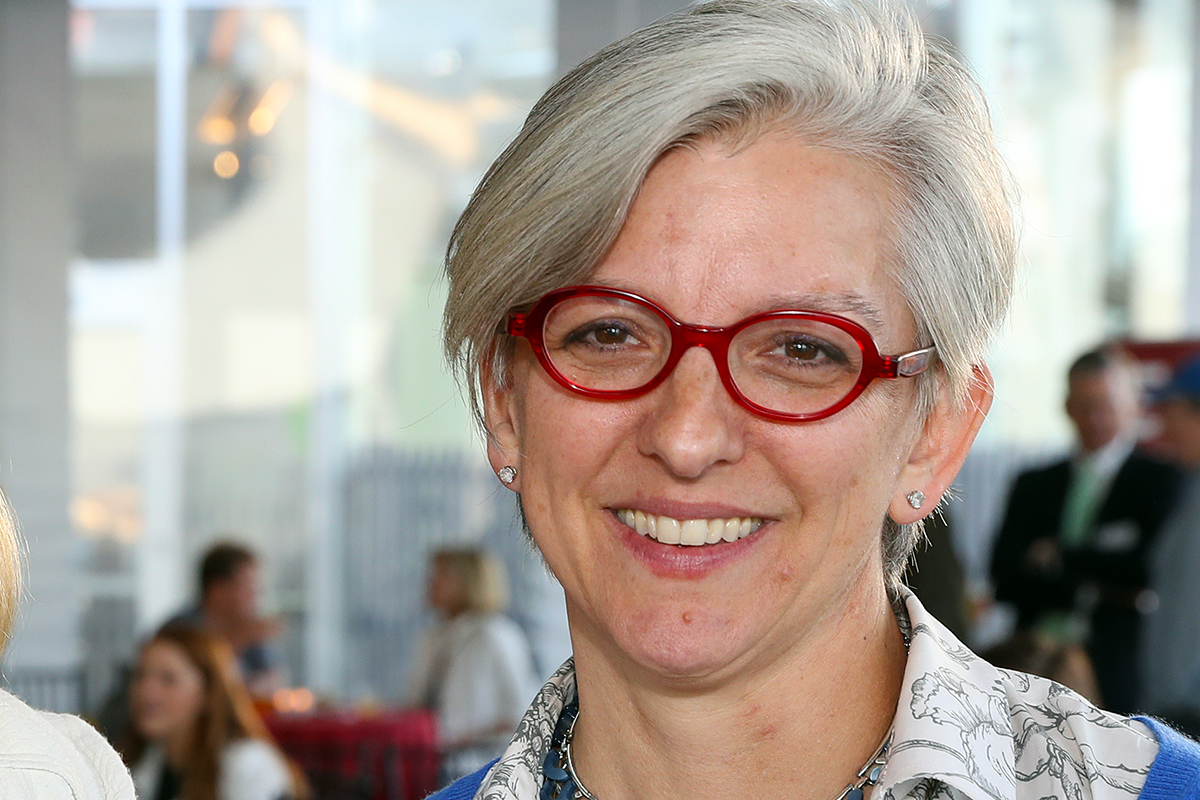Susannah Clark

One of the biggest disappointments of my life is the feeling that I missed out when I was at Exeter.
I was a shy day student when I first stepped onto campus, and I lacked the gumption to make my presence known; in my three years I never joined any clubs, didn’t attend events I wasn’t required to, didn’t make any friends whom I could call up today just to say hello.
I didn’t realize what a loss this was until after college, when I found that the kind of intellectual respect and debate that I was trained to take for granted at Exeter didn’t exist anywhere near that ubiquitously in the real world I was living in. So, I went back to the Academy for my 10th reunion and found exactly what I was looking for: I could walk up to anyone and have an interesting, lively conversation of ideas and mutual respect, regardless of whether I even remembered their name (and while I was sure not many would remember mine, more did than I expected). What I found at my reunion made me see that there are, in fact, two aspects of an Exeter career: There’s your student life, and then there’s everything afterward.
There is certainly some agency required to be a successful Exeter student, but some of us are less capable of that at 15. The post-campus Exeter experience is nothing but agency: You have to step up to what you want, actively seek out a role for yourself in the life of your class after graduation — and please understand that your class, your school, does have a large and rewarding life that not only continues but evolves after graduation. I may have missed out during my student years, but there are decades in the second act in which I can play a role as large as I want, swim for a bit in that rare pool of curiosity and strive for the greatness of thought and action that is the Exeter ideal.
I volunteered to become our class correspondent, which is a job that filled my need to build connections, most for the first time, with my classmates. I’ve been doing it for 18 years now, and I continue to appreciate the opportunity to keep people connected, one email at a time.
More than ever, I need to be involved with something bigger than ordinary, something good and thoughtful that makes the world a better place for us all. Being a part of Exeter now helps me resolve the deficiencies of my youth. This is the thing I wish I could convince other Exonians who, like myself, find that their time on campus was less than what they wish it had been: There’s so much more to Exeter than the time you spent in New Hampshire. You can still make your Exeter experience as satisfying as you want it to be, if you just reach out and ask for it.
Editor’s note: This article first appeared in the summer 2018 issue of The Exeter Bulletin.